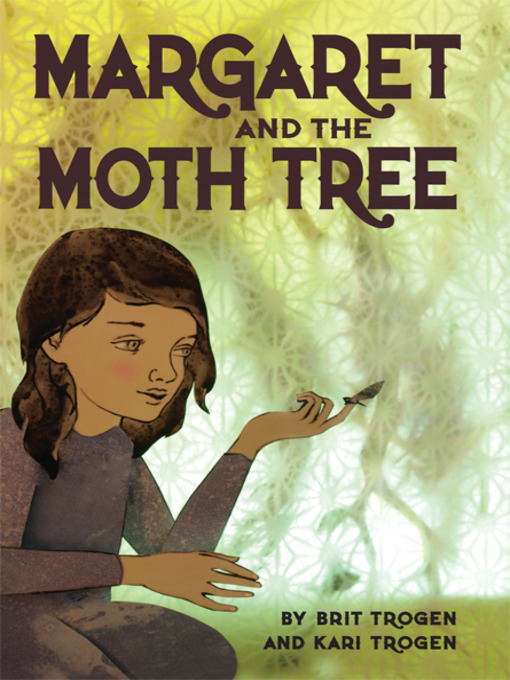Lemony Snicket meets Charlotte's Web in this spellbinding story about a quiet, brown-haired orphan named Margaret trapped in a dreadful orphanage run by the sinister, beautiful Miss Switch. After an unsuccessful attempt to alert authorities to Miss Switch's tyranny, Margaret is forced to endure a life of complete silence. But the new state of affairs proves to be more blessing than curse. You see, Margaret can hear things other people cannot. And on one incredible day, Margaret hears tiny voices coming from a strange, thorny tree and discovers a community of playful moths. Together Margaret and the moths prepare a plan to end Miss Switch's reign of terror and provide a better life for everyone.
- All eBooks
- Express Collection
- Non-fiction
- New kids additions
- New teen additions
- All-Access Comics
- VPL - Travel with Lonely Planet
- See all ebooks collections
- All Audiobooks
- Express Collection
- New kids additions
- New teen additions
- Most popular
- Audiobooks for the Whole Family
- See all audiobooks collections
- OverDrive Magazines
- Celebrity
- News & Politics
- Health & Fitness
- Cooking & Food
- Sports
- Lifestyle
- Tech & Gaming
- Family & Parenting
- Travel & Outdoors
- Fashion
- Gardening Magazines
- See all magazines collections



